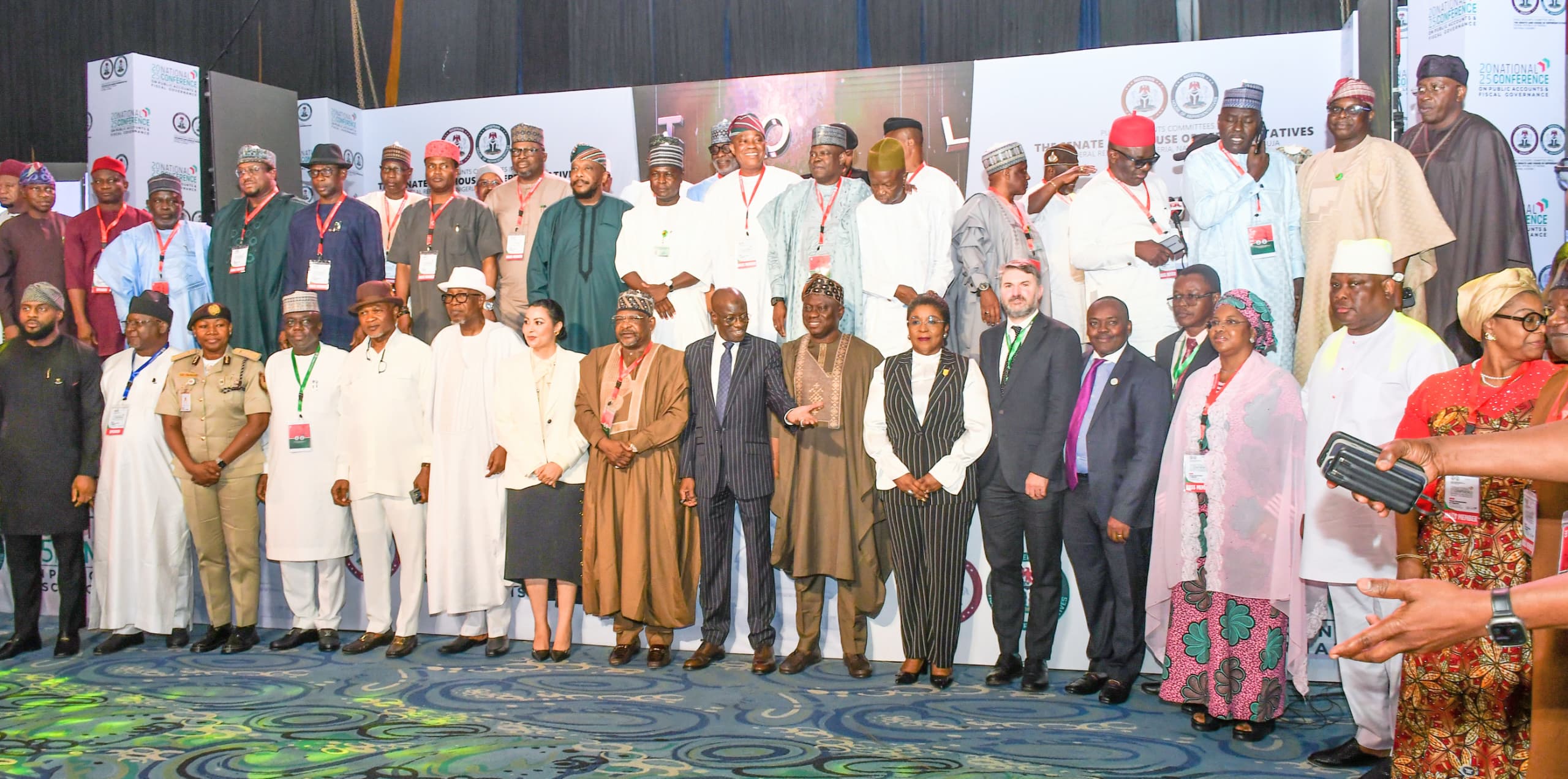President Tinubu has assured that his administration would strengthen the Office of the Auditor-General of the Federation to enhance procurement transparency framework

President Bola Tinubu has reiterated his administration’s resolve to strengthen fiscal governance, enhance transparency in public procurement, and expand the adoption of digital financial management systems across federal Ministries, Departments, and Agencies (MDAs).
Speaking through the Minister of State for Finance, Dr. Doris Uzoka-Anite, at the opening of the 2025 national conference on public accounts and fiscal governance in Abuja, President Tinubu emphasised that transparency and accountability are non-negotiable pillars of sustainable public finance.
Themed “Fiscal Governance in Nigeria: Charting a New Course for Transparency and Sustainable Development,” the four-day conference brought together key stakeholders to explore pathways for institutional reform and economic stewardship.
“Transparency and accountability are not optional they are prerequisites for fiscal sustainability,” President Tinubu said. “We have strengthened the role of the Office of the Auditor-General, enhanced procurement transparency, and scaled up digital financial management systems in MDAs.”
He noted the adoption of systems like the Integrated Payroll and Personnel Information System (IPPIS), the Government Integrated Financial Management Information System (GIFMIS), and the Open Treasury Portal as key tools for real-time tracking of public funds and enforcement of fiscal discipline.
The president stressed the importance of aligning fiscal and monetary policies, revealing closer collaboration with the Central Bank of Nigeria (CBN) to tame inflation, stabilise the naira, and restore investor confidence.
“We are determined to reduce inflationary pressures by addressing structural bottlenecks particularly in food supply chains while exercising discipline in public spending,” Tinubu added.
The president also called on the National Assembly, especially the Public Accounts Committees, to continue executing their constitutional duties with independence and integrity.
“Oversight is not a political tool—it is a patriotic duty,” he asserted.
Highlighting the link between fiscal prudence and national development, Tinubu urged Nigerians to take ownership of governance through active participation.
“Good governance is a shared responsibility. Citizens, parliament, the judiciary, media, and civil society must all contribute to building a fiscally strong and socially just Nigeria,” he said.
In his remarks, Chairman of the House Committee on Public Accounts, Rep. Bamidele Salam (PDP Osun), hailed the conference as a landmark in Nigeria’s push for transparency and sustainable development.
He disclosed that both chambers of the National Assembly had resolved to fast-track the long-delayed Audit Bill, first introduced over a decade ago.
“Nigeria cannot lead Africa’s economic resurgence without recalibrating our fiscal responsibility systems and improving our global transparency index,” Salam stated.
He praised the Speaker of the House of Representatives, Rep. Abbas Tajudeen, for providing an enabling environment for the committee’s work, noting that the speaker had never interfered with its investigative efforts.
“Speaker Abbas has offered unwavering support to ensure we deliver on our constitutional mandates,” Salam said.
Speaker Abbas, in his address, reaffirmed the House’s commitment to good governance and anti-corruption reforms. He disclosed that the House had passed several financial oversight bills, including the Federal Audit Service Act (Amendment) Bill, 2023, which awaits Senate concurrence.
“If enacted, the new law will enhance the independence of our supreme audit institution, allowing for more effective auditing and enforcement of audit recommendations,” the Speaker noted.
He cited past legislative achievements such as the Proceeds of Crime (Recovery and Management) Act (2022) and ongoing efforts to enact laws protecting whistleblowers and witnesses as part of a broader anti-corruption strategy.
“Our committees have conducted extensive oversight to ensure transparency across ministries and agencies,” he added.
Chairman of the Senate Committee on Public Accounts, Senator Aliyu Wadada, described fiscal governance as the moral compass of public service.
“It determines whether government revenue becomes national prosperity or lost opportunity. We must establish a culture of fiscal discipline anchored on transparency, accountability, and citizen-focused service delivery,” he said.
Wadada acknowledged past missteps in public finance management but urged stakeholders to embrace a new vision of service grounded in integrity.
“Let this gathering be the foundation of reform. Every Naira must count—for education, health, infrastructure, security, and future generations,” he said.
He further emphasised the need for Nigeria to meet both domestic expectations and international benchmarks in debt management, public finance, and open governance.
Citing recent audit reports by the Office of the Auditor-General, the senator warned of persistent gaps in financial reporting and called for urgent action to seal leakages.

